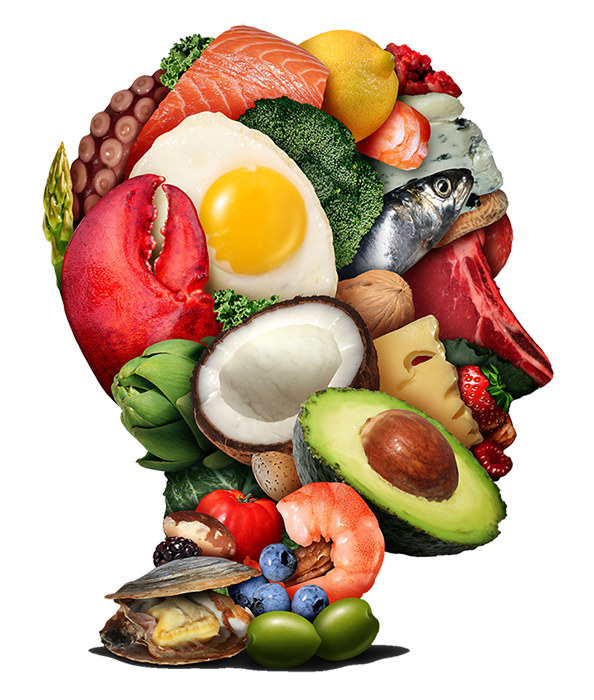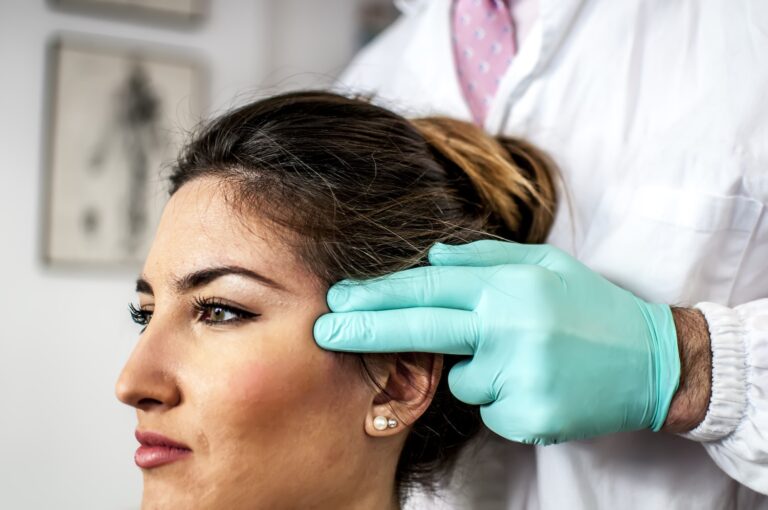Valentina Dermitzakis
Nutritionist - Dietician
www.nutrivalue.gr
Is there a specific diet for migraines?
Although it is known that certain foods can trigger the onset of migraine attacks, this does not mean that excluding them from the diet works protectively in all patients and that there is a specific diet to treat the condition.
For this reason, it is important to keep a food and headache diary, as well as other factors that may be associated with migraines. In this process, we should always take into account that the time interval between the consumption of a food and the occurrence of a crisis can range from a few hours to 24 hours. Each patient can identify individualized dietary factors responsible for triggering episodes. These can be ascertained through an elimination diet. However, it is important to exclude only one specific food at a time, and not a variety of foods, in order to be able to identify the dietary factors that trigger migraine attacks.
Foods or drinks that trigger migraine attacks:
Many patients report that red wine, which contains phenolic flavonoids and monamines, as well as yellow cheese (a rich source of tyramine) trigger attacks. Dairy products are also rarely mentioned.
Caffeine: Even the caffeine in coffee, black tea or cola can trigger an episode. It should be noted here that most medications contain caffeine, but in this case the dosage is specific and fixed. In dietary intake, crises were observed in intake changes (sudden increase or decrease) of caffeine. In particular, some patients noticed pain attacks when they reduced the amount of consumption of caffeinated beverages, e.g. on non-working weekends.
Preservatives and food additives: Many times the preservatives and flavor enhancers found in ready meals are triggers for a migraine attack. These include nitrites that are often found in sausages, cured meats and in general
in canned meat. Also monosodium glutamate found in Asian meals, ready soups and cubed vegetables can trigger migraines.
Ice cream: can trigger a pain episode. In particular, the low temperature of the ice cream can irritate the trigeminal nerve (a nerve responsible for facial sensation).
Skipping meals and fasting: A disordered diet has been linked to migraine attacks in susceptible individuals. Skipping meals during the day and eating one large rather than many small meals, aggravates their condition. Dehydration
is blamed for the occurrence of these crises. That is why it is recommended to drink plenty of fluids during the day, such as water, fresh fruit juices and teas.
Chocolate containing phenylalanine often responsible for the onset of seizures. However, there is evidence that before a migraine attack, some changes occur in the metabolism of the brain that lead to a strong desire for chocolate. That's why a strong craving for chocolate could mean an impending migraine attack!
What is certain is that each person has their own sensitivities and the foods that trigger migraine attacks are different. With the help of an expert, however, they can be identified and removed from his diet. In general, a balanced diet, within the framework of the Mediterranean Diet, will significantly contribute to the reduction of migraine attacks. A diet rich in fresh foods and nutrients combined with light exercise is ideal for patients who want to take care of themselves and therefore their health!
The role of vitamins
Many factors can trigger the onset of migraine attacks. The lack of vitamins could be such a factor or contribute to the triggering of a factor (eg weather, stress, light, etc.) that ultimately leads to migraine.
Studies indicate that a large percentage of children, adolescents and young adults who suffer from migraines are vitamin deficient. In particular, deficiencies were observed in Magnesium, riboflavin (B2), coenzyme Q10 and vitamin D. (The results were published at the annual meeting of the American Headache Society in 2016).
For this reason, if you suffer from migraines, regularly check the levels of these vitamins as well as vit. B12, iron, selenium, zinc and iodine. Consult your doctor for the necessary tests and supplements and be informed by an approved
nutritionist on how to treat vitamin and mineral deficiency through diet.

















